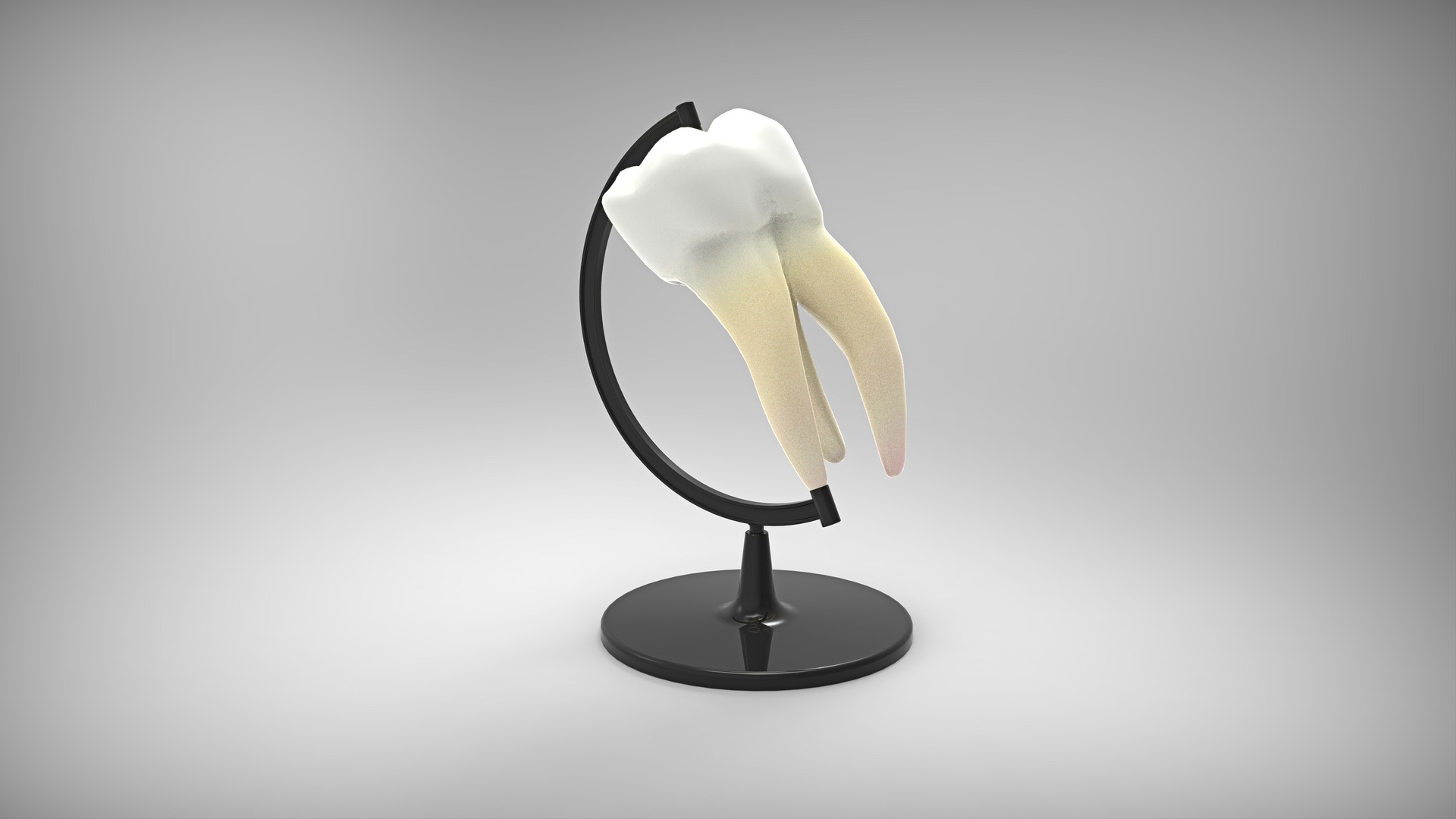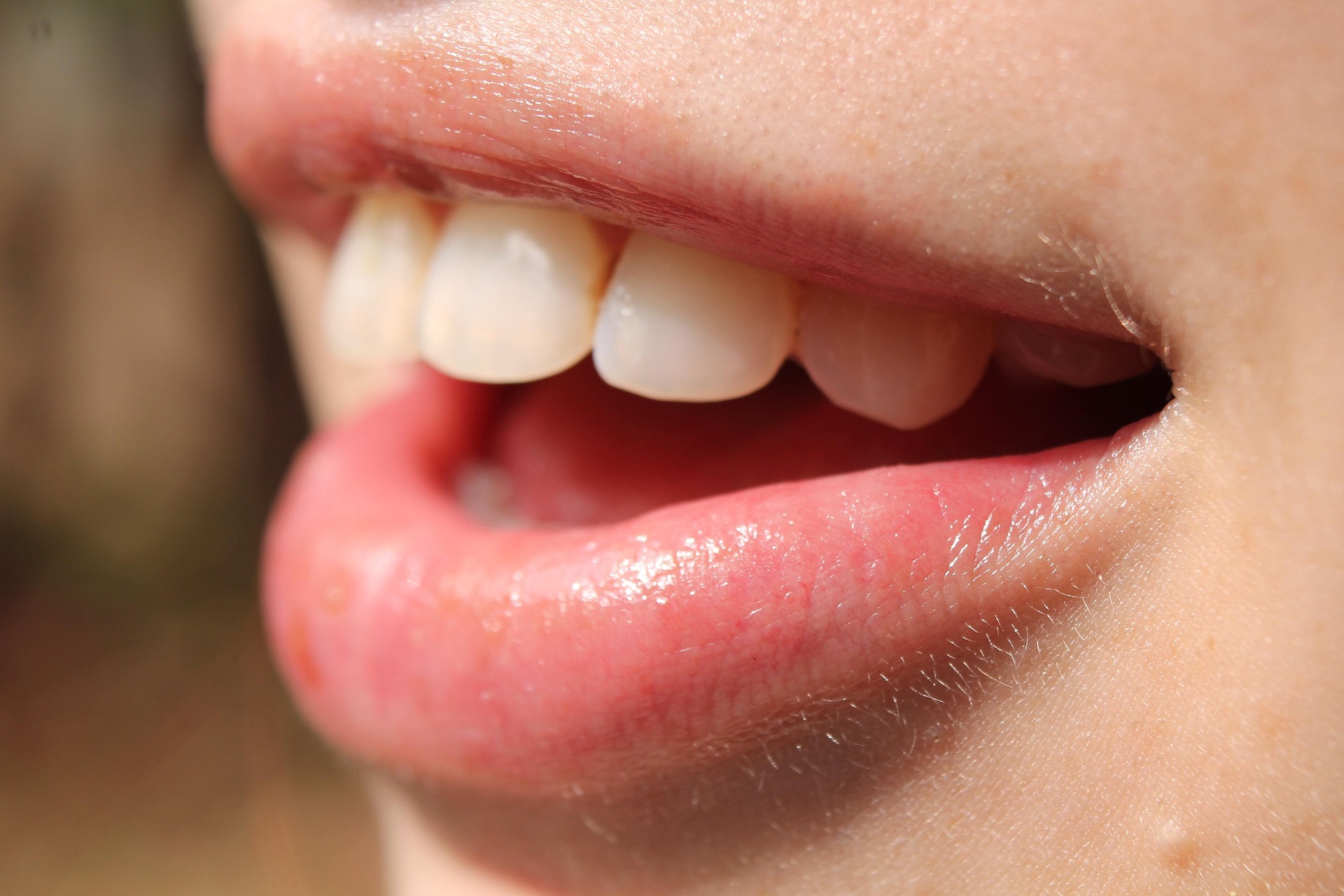Strong Teeth
My dear brothers and sisters! Did you know that our teeth are not only used to chew food, but it is also an important part of our health and beauty? Strong and healthy teeth add beauty to our face and boost confidence. But sometimes due to negligence, our teeth become weak, gum discomfort and problems like cavities (worm infestation).
Today I have a special blog post for you, which explains every little and big thing about dental care in Marwari. In this post, you will learn how to take proper care of your teeth, how to avoid cavities, how to treat gum problems, and how to maintain good dental health at home. So let’s learn the easy and effective ways to take care of our teeth together!
Teeth Structure and Importance
We have different types of teeth in our mouths, each with its own specific function:

- Incisors: These are sharp front teeth, which help in cutting food.
- Canines: These are pointed teeth, which help in tearing food.
- Premolars: These teeth help in chewing and grinding food.
- Molars: These are the large back teeth, which are used to grind food well.
Healthy teeth are important to us in many ways:
- Digesting food: Teeth facilitate digestion by breaking down food into smaller pieces.
- Speaking: Teeth help in clear and correct pronunciation.
- Facial structure: Teeth give our face the right shape.
- Confidence: Healthy and sparkling teeth boost our confidence.
Why is dental care important?
If we don’t take proper care of our, a variety of problems can occur, such as:
- Cavity (dental caries): These are caused by worms infesting the tooth and can cause pain.
- Gum Disease (Periodontal Disease): These cause inflammation and bleeding of the gums, and in severe cases can even cause tooth loss.
- Bad breath (Halitosis): These can be caused by a buildup of bacteria in the mouth.
- Broken or knocked out teeth: Weak teeth can break or fall out easily.
How to take care of your dental health?
Here are some easy habits to adopt for proper dental care:
1.Brush twice a day
- Use a soft-bristled toothbrush.
- Use fluoride toothpaste.
- Clean the teeth and gums, swirling it gently in a circular motion for at least two minutes.
- Don’t forget to brush after breakfast in the morning and before bed at night.
- Replace the brush every three months.
2. Floss Daily:
- Use dental floss to remove food particles trapped between the teeth.
- Gently floss up and down.
- Use clean floss for each tooth.
- Flossing helps prevent gum disease and cavities.
3. Use Mouthwash:
- Fluoride mouthwash helps kill bacteria in the mouth and keep breath fresh.
- Rinse with mouthwash after brushing and flossing.
- Do not swallow mouthwash.
4. Clean Your Tongue:
- Bacteria can also build up on the tongue, which can cause bad breath.
- Lightly clean your tongue with a toothbrush or tongue cleaner.
5. Eat Healthy Food:
- Stay away from sweet and sticky foods, as these promote cavity-causing bacteria.
- Eat fruits, vegetables, and whole grains.
- Drink plenty of water, which helps keep your mouth clean.
6. Visit the Dentist Regularly:
- Go to the dentist at least twice a year for a check-up.
- Dentists can catch and treat dental problems at an early stage.
- Also get your teeth professionally cleaned by a dentist.
Dental Care in Children
Children’s dental care should start in childhood:
- Gently clean the baby with a clean cloth or soft brush when the first tooth appears.
- Use a small bristled toothbrush and a small amount of fluoride toothpaste for children after the age of two.
- Keep children away from sugary drinks and snacks.
- Take kids to the dentist regularly.
Dental Care in the Elderly
Dental care becomes even more important as we age:
- The elderly are more prone to receding gums and weakened teeth.
- If you have false teeth (dentures), clean them daily and remove them at night.
- Drink plenty of water to keep your mouth from drying out.
- Visit the dentist regularly.
Common dental problems and their treatment
- Cavities: Dentists fix cavities by filling them. In severe cases, a root canal may be needed.
- Gum disease (Gum Disease): Can be treated with cleaning and medications in the early stages. Surgery may be required in severe cases.
- Toothache : Consult a dentist to find out the cause of the pain. Home remedies may provide temporary relief, but treatment is necessary.
- Bad Breath: Regular brushing, flossing, and tongue cleaning are essential. If the problem persists, consult a dentist.
- Broken Tooth: Go to the dentist immediately. Handle the broken part.
Home Remedies for Dental Care in summer
Many home remedies can also help with dental care, but these should not be used without a doctor’s advice:
- Salt Water: Rinsing with lukewarm salt water can reduce inflammation of the gums.
- Clove oil: Clove oil has antibacterial properties, which can provide relief in toothache.
- Turmeric: Turmeric has anti-inflammatory properties, which can help reduce inflammation of the gums.
- Neem: Neem toothpaste has been used for centuries to clean teeth. It has antibacterial properties.
Keep in mind: These home remedies may only provide temporary relief. It is important to consult a dentist for any serious dental problems.
Some special tips for a healthy teeth
- Quit smoking, as it is very harmful to mouth and gums.
- Reduce alcohol consumption.
- Stay away from stress, as it can also aggravate dental problems.
- Use a mouthguard while playing or doing any risky activity to avoid breaking your teeth.
- If you grind your teeth, use a night guard at night.
Conclusion:
My brothers and sisters, our dental care are a precious part of our health and beauty. By taking proper care of them, we can avoid a variety of problems and achieve a healthy and radiant smile. Regular brushing, flossing, eating a healthy diet, and visiting the dentist are crucial to keeping our teeth strong and healthy.
And remember, “The first pleasure is a healthy body, the second pleasure is a sweet mouth!”
Frequently Asked Questions
Question 1: How many times a day should I brush?
Answer: Brush at least twice a day, in the morning after breakfast and at night before going to bed.
Question 2: Which toothpaste should I use?
Answer: Fluoride toothpaste should be used, to help prevent cavities.
Q3: Why is flossing important?
Answer: Flossing is to help remove food particles trapped between the teeth, where the brush cannot reach. These help prevent cavities and gum disease.
Q4: Is it necessary to use mouthwash?
Answer: Mouthwashes help kill mouth bacteria and keep breath fresh, but they are not a substitute for brushing and flossing.
Q5: When should I go to the dentist?
Answer: One should visit the dentist at least twice a year for a checkup.
Question 6: When should children start dental care?
Answer: Care should be started when the child’s first tooth appears.
Q7: Can home remedies treat dental problems?
Answer: Some home remedies can give temporary relief, but it is important to consult a dentist for any serious dental problems.
Q8: Why does bad breath occur?
Answer: Bad breath can be caused by bacteria buildup in the mouth, gum disease, or stomach problems.
Q9: How can cavities be avoided?
Answer: Brushing regularly, flossing, staying away from sugary foods, and visiting the dentist twice a year are ways to avoid cavities.
Q10: Why do gums bleed?
Answer: Bleeding gums can be a sign of gum disease. Consult a dentist immediately.
Q11: Is dental care necessary in pregnancy?
Answer: Yes, hormonal changes in pregnancy increase the chances of having gum problems, so it is important to take special care of the teeth.
Q12: How to care for false dentary ?
Answer: Dentures should be cleaned daily and removed at night and soaked in water.
Q13: What is the treatment for dental grinding?
Answer: Dentists may recommend using a night guard for teeth grinding problems. Reducing stress can also help with this.
Q14: Can dental be whitened?
Answer: Yes, dentists do a variety of dental whitening treatments. Home methods can also be used to whiten teeth to some extent, but a doctor’s advice is necessary.
Q15: What should I eat for healthy dental ?
Answer: Fruits, vegetables, whole grains, and dairy products are good for healthy teeth. Sweet and sticky foods should be avoided.
